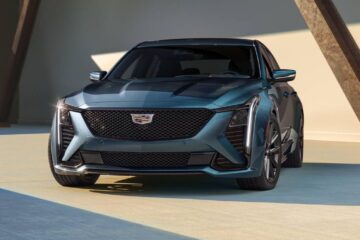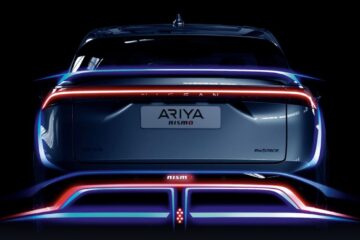The C-HR is receiving attention because Toyota is switching it over to a fully electric SUV, hoping to compete with the Kia Niro EV, Hyundai Kona Electric, and Chevrolet Equinox EV. With an impressive redesign and new technology, the all-electric C-HR from Toyota can compete with other popular electric SUVs. If you want an eco-friendly, attractive, and useful crossover, you might consider the 2026 C-HR EV.
Nonetheless, how does it measure up to other competitors? Getting excellent efficiency and space in a Kia is Niro’s advantage. Kona Electric is praised for its usable range, and Chevy Equinox stands out with its tech and reasonable price.
Let’s find out how the Toyota C-HR EV’s performance, range, features, interior space, and cost align with the competition. Determining the best electric SUV is simple: whether you prefer Toyota or check out EVs. It’s time to see if the C-HR will be the top EV for the year 2026.
Must Check: Toyota’s 2026 MR2 Redesign Just Revealed – Will It Be a Supra Killer?
New Design on a Dedicated EV Platform
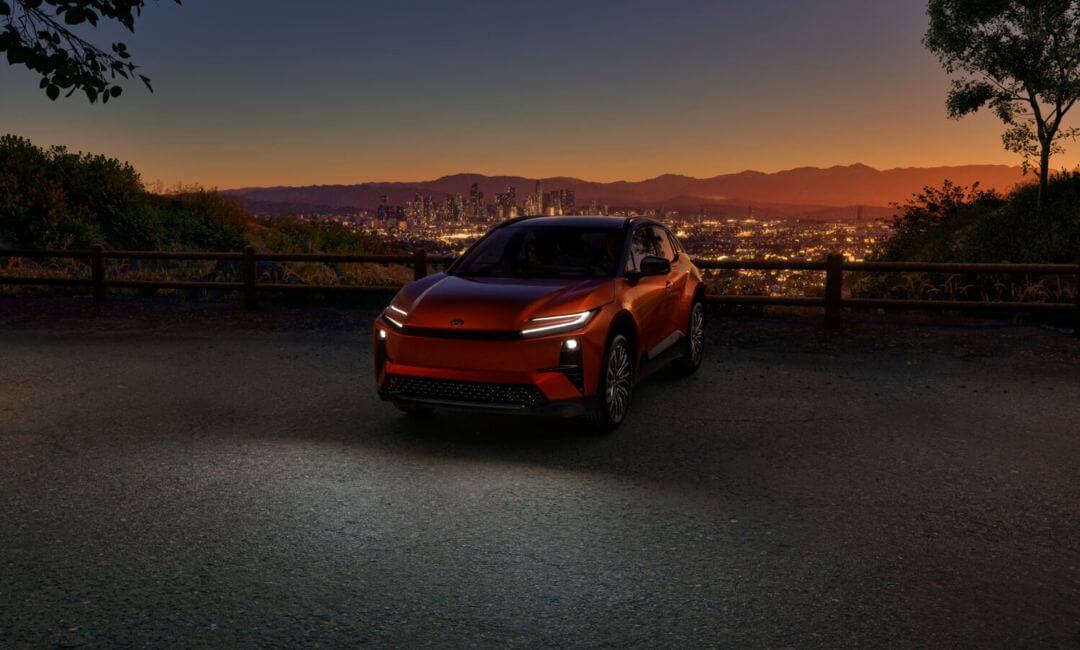
The car benefits from Toyota’s e-TNGA platform, which is designed to improve driving behavior, interior space, and total fuel economy. Like other vehicles in Toyota’s bZ lineup, the new C-HR looks premium and has more aerodynamic touches.
On the outside, the vehicle has strong LED lights, carved shapes on its body, raised edges at the roof, and wide wheels that boost its sporty appearance. The car’s new design also helps increase distance and reduce power consumption thanks to its efficient aerodynamics.
Toyota plans to launch a collection of brightly contrasting two-tone colors, designed to appeal to those who want something unique from ordinary choices.
Battery, Powertrain, and Range: Competitive or Catch-Up?
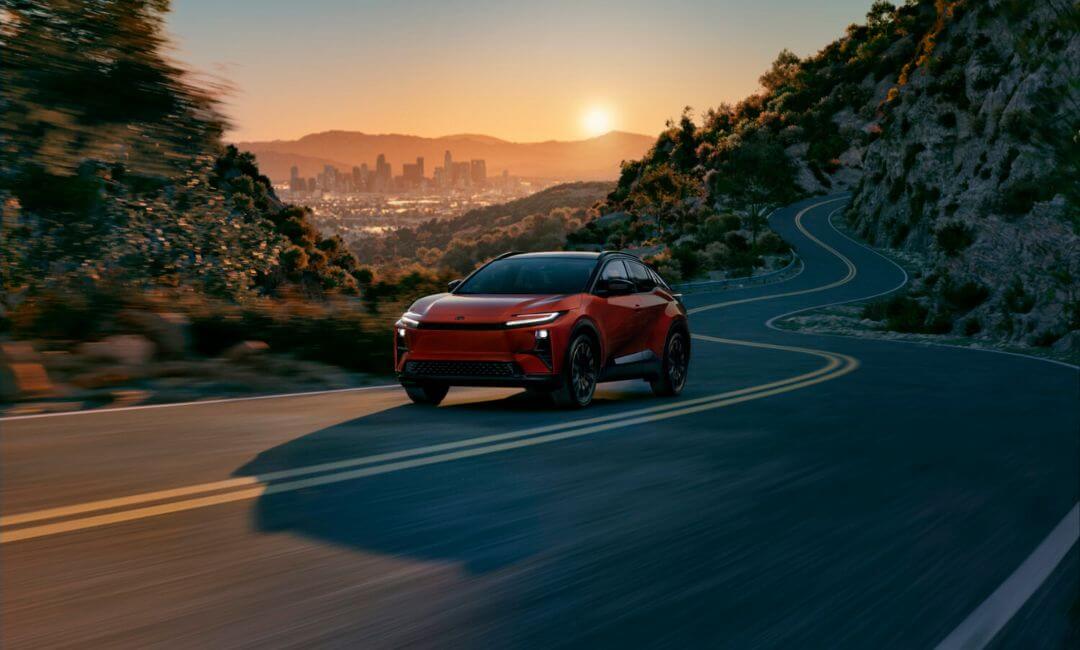
So far, Toyota has not published the full details, but preview versions suggest the 2026 C-HR EV will feature a single motor, front-wheel-drive configuration.
- Estimated 201 horsepower and 196 lb-ft of torque
- 0–60 mph in approximately 7.2 seconds
- 64 kWh lithium-ion battery
- Estimated driving range of 250–275 miles (EPA)
An all-electric SUV that can use both motors on every wheel is apparently being considered for sale in Europe and North America based on the demand for it in each market.
Cars equipped with the fast charging system should support up to 150 kW DC and reach 10–80% charge in less than 30 minutes. Launching the C-HR EV will make it easier for Toyota customers to use charging stations from the brand’s new network in North America.
Modern Interior With Tech and Sustainability
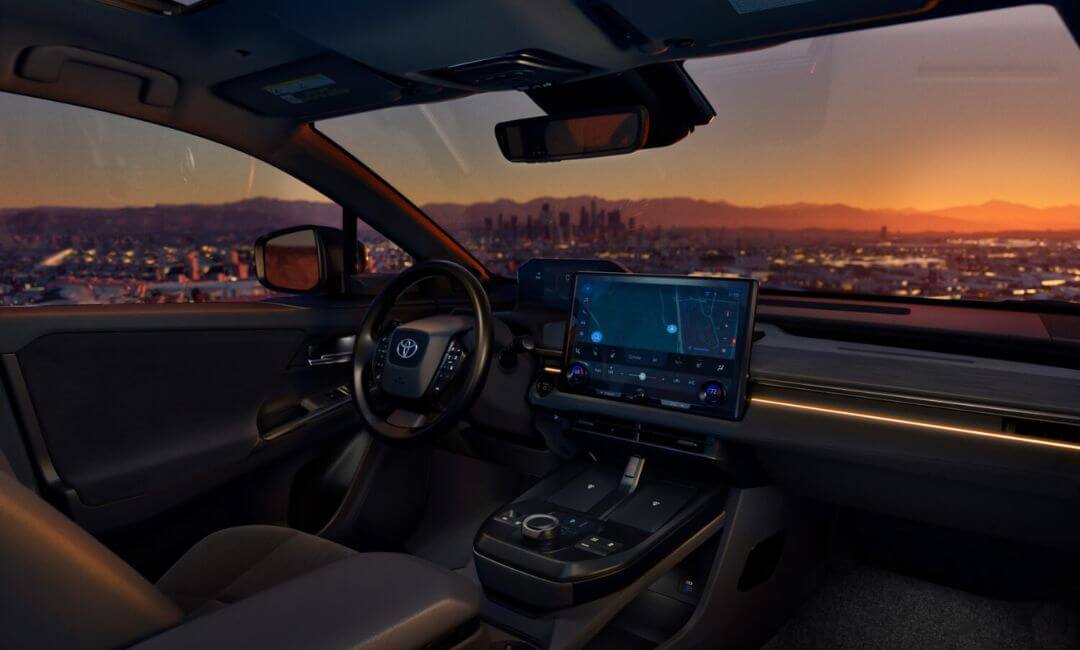
The architecture inside the C-HR EV is immaculate and includes plenty of modern features. Automatic updates are possible because the 12.3-inch screen in the middle of the dashboard runs Toyota’s new infotainment system with Google features. A separate digital instrument cluster allows you to customize your car and navigation details.
Other key features include:
- Wireless Apple CarPlay and Android Auto
- Heated and ventilated front seats
- Ambient lighting with color customization
- Synthetic leather and recycled interior materials
- Panoramic glass roof with electrochromic shading (on top trims)
With the new EV platform, travelers in the back seat and those storing luggage have more space. After folding the rear seats, the C-HR EV is expected to give users up to 55 cubic feet of cargo space.
Read More:
- 2026 Toyota bZ Woodland Revealed – Is This the EV Subaru Should’ve Made?
- 2026 Corolla Hatchback FX Is a 1980s Throwback With Modern Punch — Only 1,600 Will Exist
- 2026 Toyota Tundra HD to Debut in 2025 With Over 1,000 LB-FT? Leaked Specs Say Yes
Toyota Safety Sense 3.0 Comes Standard
As expected, all Toyota vehicles include Toyota Safety Sense 3.0, which gives drivers access to various support features.
- Full-speed adaptive cruise control
- Lane tracing assist
- Lane departure warning with steering assist
- Automatic emergency braking with pedestrian and cyclist detection
- Road sign assist
- Proactive driving assist for urban conditions
The features are meant to give peace of mind when driving in cities and on highways — this is valuable for people purchasing an EV for the first time.
Pricing and Trim Levels: Affordable and Competitive
Toyota hasn’t confirmed the MSRP, but experts estimate it will start around $34,500. Because of this, it has become a strong competitor to companies like.
- 2024 Hyundai Kona Electric – $32,675 starting MSRP
- 2024 Kia Niro EV – $39,600 starting MSRP
- 2025 Chevrolet Equinox EV – Estimated $34,995 base price
At the very least, you should find three models: LE, XLE, and Limited. These features include synthetic leather, good navigation, and quality sound systems. A tech package should feature a 360-degree camera and help the driver manage semi-autonomous driving on highways.
C-HR EV vs. Rivals: How It Stacks Up
The way the 2026 Toyota C-HR EV lines up with similar vehicles is shown here.
| Feature | Toyota C-HR EV (2026) | Hyundai Kona Electric | Kia Niro EV | Chevrolet Equinox EV |
| Starting Price | $34,500 | $32,675 | $39,600 | ~$34,995 |
| Max Range (est.) | 250–275 miles | 261 miles | 253 miles | 300 miles |
| Horsepower | 201 hp | 201 hp | 201 hp | 201 hp |
| AWD Option | Expected (dual motor) | Yes | No | Yes |
| Fast Charging | 150 kW | 100 kW | 85 kW | 150 kW |
| Cargo Space | ~55 cu ft | 45.8 cu ft | 63.7 cu ft | ~57 cu ft |
Even though the Equinox EV travels further, the C-HR EV balances price, features, and appearance. Hyundai and Kia stand among the best EVs, buy Toyota can attract buyers because it is so dependable.
Expert Impressions and Market Expectations
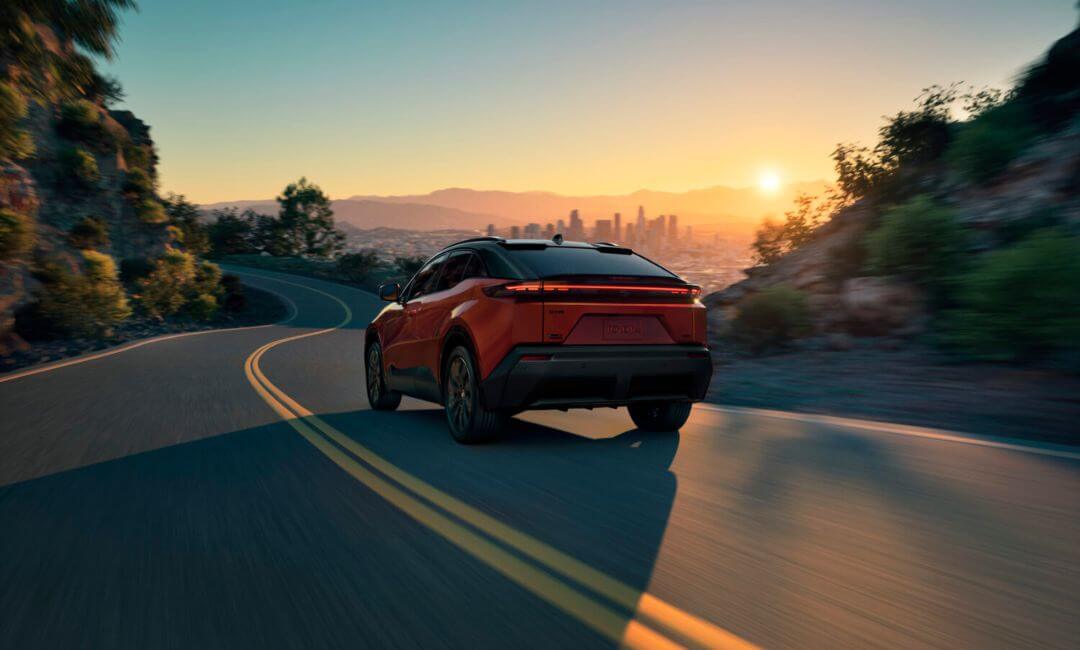
Most automotive journalists expect the C-HR EV to be Toyota’s best compact EV thus far. Because it has a new look, reasonable prices, and good value, many people, particularly those who are new to EVs, are interested in buying it.
Many argue that Toyota’s decision to add an electric powertrain to the C-HR will allow customers to better adjust to electric vehicles. The Toyota C-HR is seen as approachable in every sense, unlike the bZ4X, which became known for being too divisive.
Toyota’s Broader EV Strategy: Finally Catching Up?
The C-HR EV is one of ten EVs Toyota will introduce globally over the next five years. Automakers have been stuck mainly on selling hybrid cars for years, but finally, they are choosing to go fully electric. With a total budget of $35 billion, Toyota hopes to sell 3.5 million EVs by 2030.
The company hopes that the C-HR EV will attract people who are careful about the environment and prefer SUVs.
Can the 2026 Toyota C-HR EV Beat the Competition?
Toyota is releasing the C-HR EV at the perfect moment. Customers hope for SUVs that work well, don’t cost too much, and provide a good range. It performs well in many others, concerning specific evaluation points, such as range.
Because of its appealing look, Toyota’s reliability, and enough electric driving range, it can compete with the Hyundai Kona Electric and Chevrolet Equinox EV. The Toyota C-HR EV could attract fans of the brand as well as those buying an EV for the first time.


